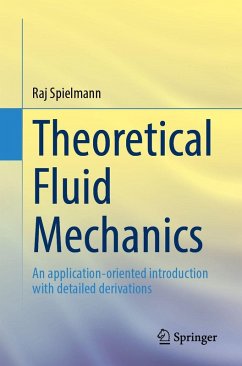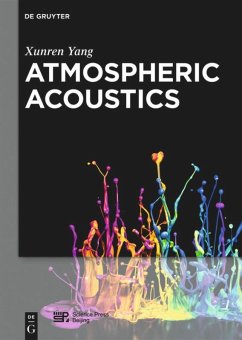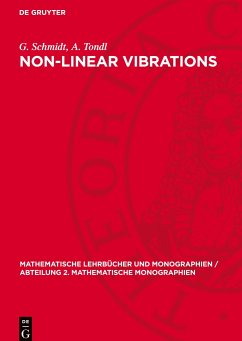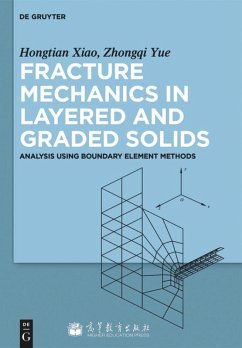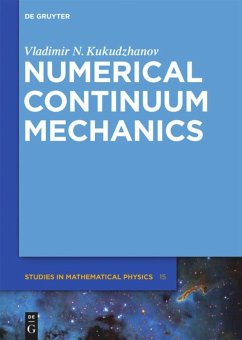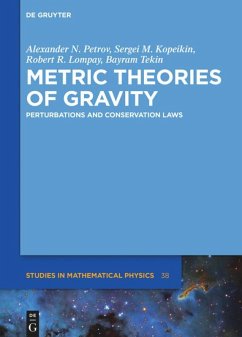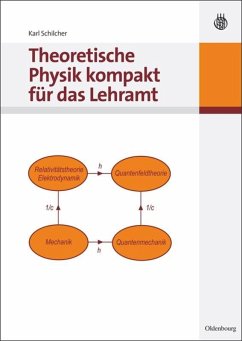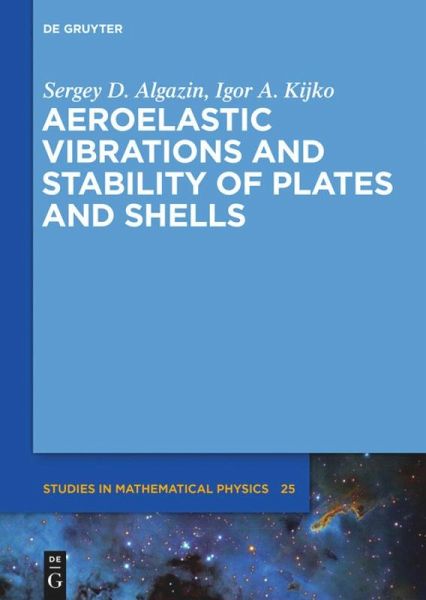
Aeroelastic Vibrations and Stability of Plates and Shells

PAYBACK Punkte
95 °P sammeln!
Back-action of aerodynamics onto structures such as wings cause vibrations and may resonantly couple to them, thus causing instabilities (flutter) and endangering the whole structure. By careful choices of geometry, materials and damping mechanisms, hazardous effects on wind engines, planes, turbines and cars can be avoided.Besides an introduction into the problem of flutter, new formulations of flutter problems are given as well as a treatise of supersonic flutter and of a whole range of mechanical effects. Numerical and analytical methods to study them are developed and applied to the analys...
Back-action of aerodynamics onto structures such as wings cause vibrations and may resonantly couple to them, thus causing instabilities (flutter) and endangering the whole structure. By careful choices of geometry, materials and damping mechanisms, hazardous effects on wind engines, planes, turbines and cars can be avoided.
Besides an introduction into the problem of flutter, new formulations of flutter problems are given as well as a treatise of supersonic flutter and of a whole range of mechanical effects. Numerical and analytical methods to study them are developed and applied to the analysis of new classes of flutter problems for plates and shallow shells of arbitrary plane form. Specific problems discussed in the book in the context of numerical simulations are supplemented by Fortran code examples (available on the website).
Besides an introduction into the problem of flutter, new formulations of flutter problems are given as well as a treatise of supersonic flutter and of a whole range of mechanical effects. Numerical and analytical methods to study them are developed and applied to the analysis of new classes of flutter problems for plates and shallow shells of arbitrary plane form. Specific problems discussed in the book in the context of numerical simulations are supplemented by Fortran code examples (available on the website).




